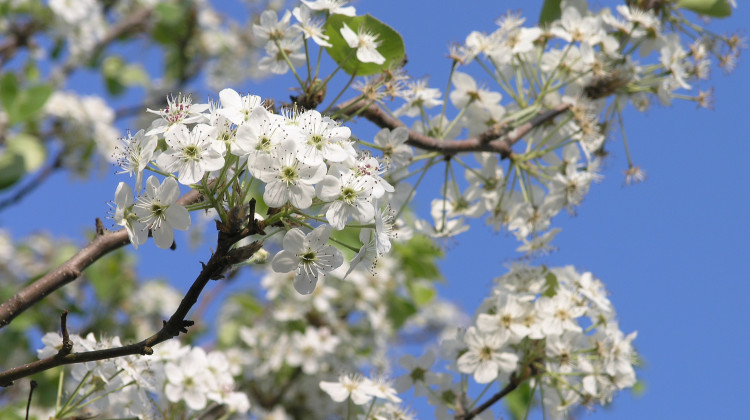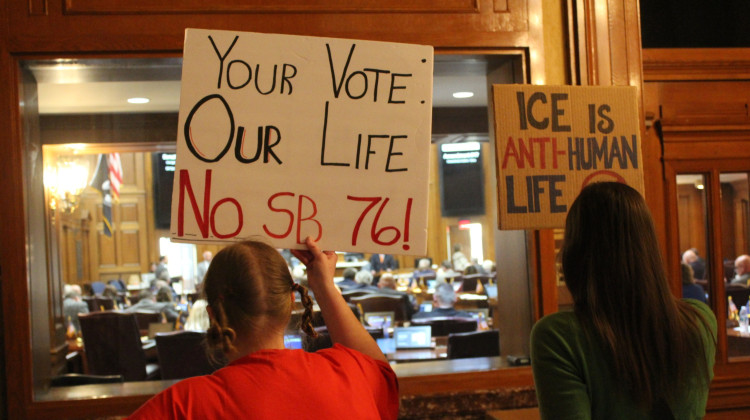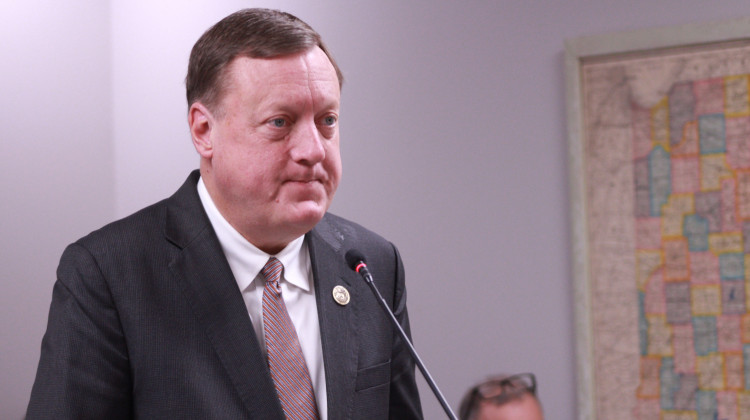The public comment period for Indiana’s ban on several invasive land species ends Thursday, Dec. 20. Some people at a public meeting Wednesday expressed disappointment that the state did not add two popular invasive trees to the list.
Several groups support a ban on the sale of Callery pear and Norway maple. Rick Haggard is the executive director of the Indiana Nursery and Landscape Association. He says some of its member nurseries have been removing the trees from their fields.
“Now the ones that are not members — some of the big box stores and everything — we have no control over. We can tell them that they need to look at other options, but they don’t necessarily have to,” Haggard says.
Megan Abraham is with the Indiana Department of Natural Resources division of entomology and plant pathology. She says adding Callery pear and Norway maple to this current proposal would mean the state would have to start all over again — with a new assessment and economic impact study.
That could delay a ban on other invasive species in Indiana.
“So that’s why we need to go forward and adopt this one and then we can come back and reassess the rule and reassess new plant species and see how invasive they are in this environment,” Abraham says.
The Natural Resources Commission is expected to approve the ban on invasive land species at its meeting on Jan. 15. Abraham says she expects the ban will be in effect by April 2019.
READ MORE: State Moves To Ban Invasive Plants Trade
Indiana Environmental reporting is supported by the Environmental Resilience Institute, an Indiana University Grand Challenge project developing Indiana-specific projections and informed responses to problems of environmental change.
 DONATE
DONATE









 Support WFYI. We can't do it without you.
Support WFYI. We can't do it without you.